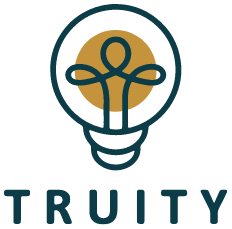Life, Physical, and Social Science
Medical Scientist
Medical scientists conduct research aimed at improving overall human health. They often use clinical trials and other investigative methods to reach their findings.
Microbiologist
Microbiologists study microorganisms such as bacteria, viruses, algae, fungi, and some types of parasites. They try to understand how these organisms live, grow, and interact with their environments.
Natural Sciences Manager
Natural sciences managers supervise the work of scientists, including chemists, physicists, and biologists. They direct activities related to research and development, and coordinate activities such as testing, quality control, and production.
Nuclear Technician
Nuclear technicians typically work in nuclear energy production or assist physicists, engineers, and other professionals in nuclear research. They operate special equipment used in these activities and monitor the levels of radiation that are produced.
Physicist or Astronomer
Physicists and astronomers study the interactions of matter and energy. Theoretical physicists and astronomers may study the nature of time or the origin of the universe. Some physicists design and perform experiments with sophisticated equipment such as particle accelerators, electron microscopes, and lasers.
Political Scientist
Political scientists study the origin, development, and operation of political systems. They research political ideas and analyze governments, policies, political trends, and related issues.
Psychologist
Psychologists study cognitive, emotional, and social processes and behavior by observing, interpreting, and recording how people relate to one another and to their environments. They use their findings to help improve processes and behaviors.
Sociologist
Sociologists study society and social behavior by examining the groups, cultures, organizations, social institutions, and processes that develop when people interact and work together.
Survey Researcher
Survey researchers design surveys and analyze data. Surveys are used to collect factual data, such as employment and salary information, or to ask questions in order to understand people’s opinions, preferences, beliefs, or desires.
Urban or Regional Planner
Urban and regional planners develop land use plans and programs that help create communities, accommodate population growth, and revitalize physical facilities in towns, cities, counties, and metropolitan areas.

